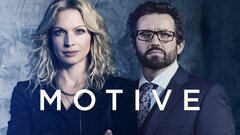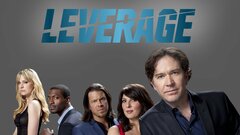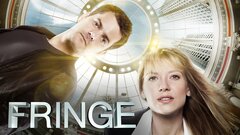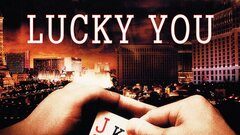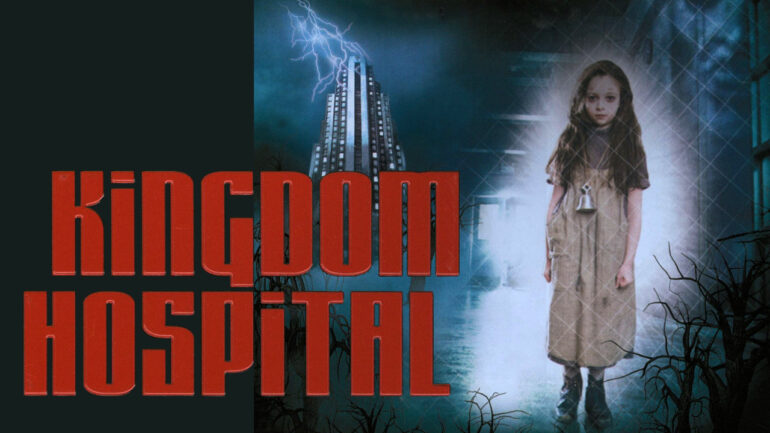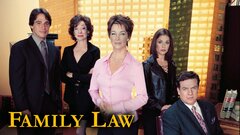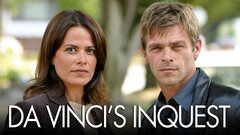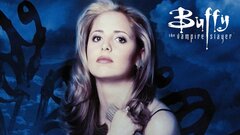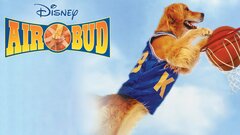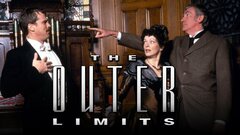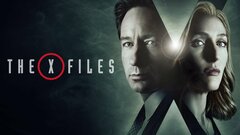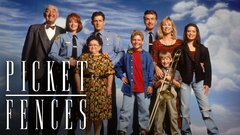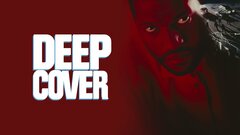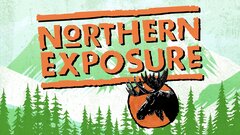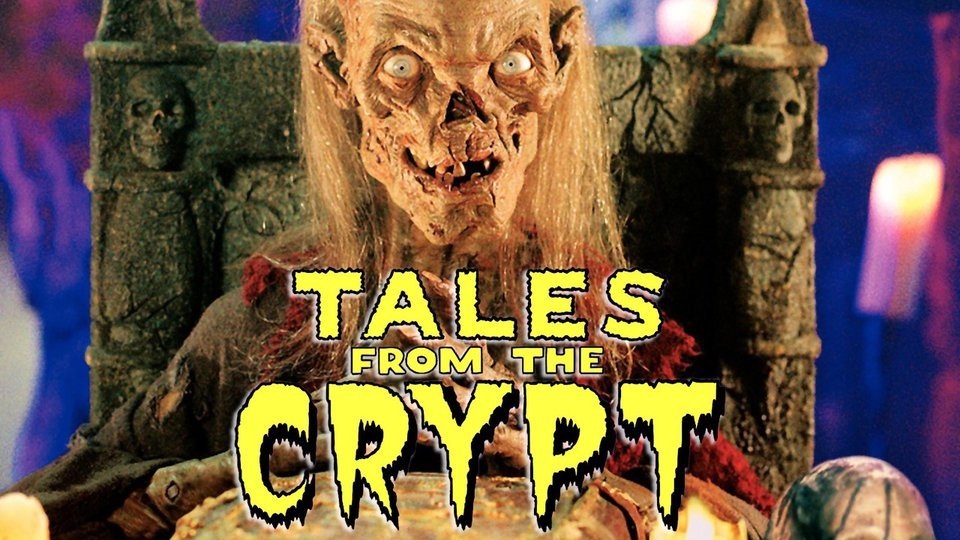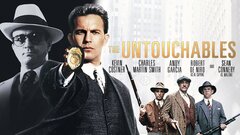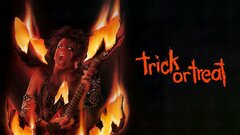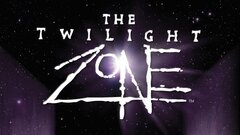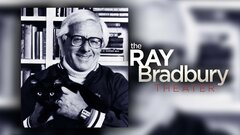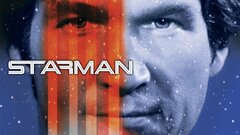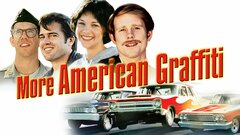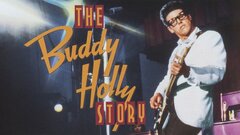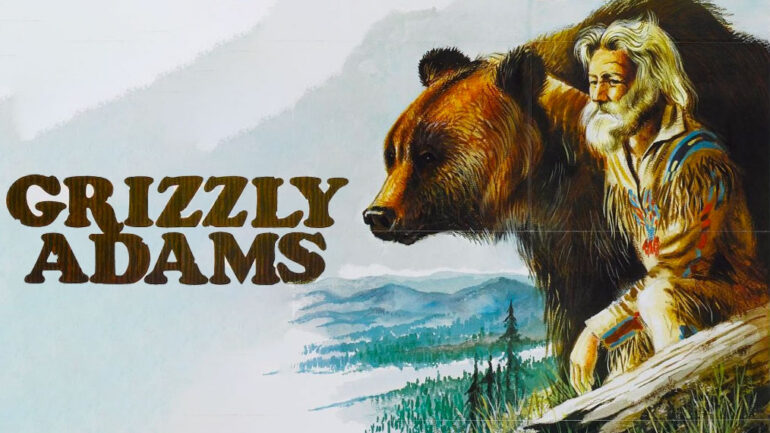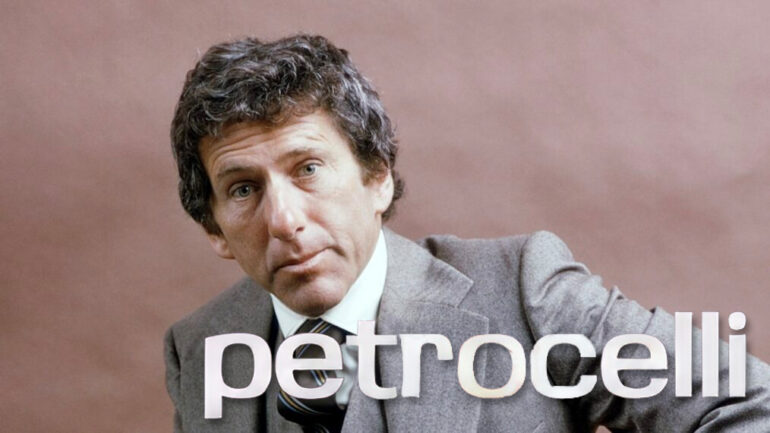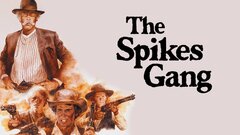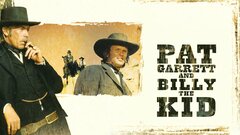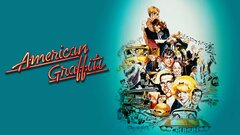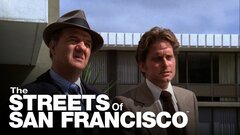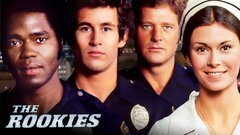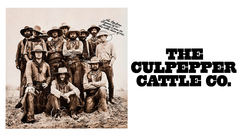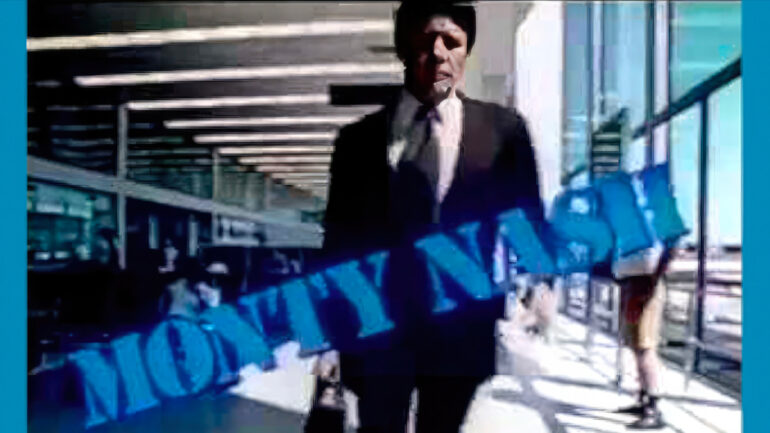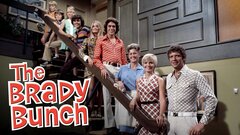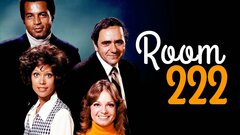A prolific character actor since the early 1970s, Charles Martin Smith essayed bookish, often socially awkward but enthusiastic men in such hit films as "American Graffiti" (1974), "The Buddy Holly Story" (1978), "Never Cry Wolf" (1983), "Starman" (1984), and "The Untouchables" (1987) while maintaining a secondary career as a film and television director. In the early years of his career, Smith was a go-to for untested young men, many of whom met grisly fates in films like "Pat Garrett and Billy the Kid" (1973) and "The Spikes Gang" (1974); after essaying a near-perfect cinematic nebbish in Lucas' "American Graffiti," he showed enormous range as a biologist who explored his own humanity by studying Arctic wolves in Walt Disney Pictures' "Never Cry Wolf."
The late 1980s saw Smith hit his stride as an actor with meaty turns in John Carpenter's "Starman" and Brian De Palma's "The Untouchables," while also honing his directorial skills. He struck box office gold with 1997's "Air Bud" for Disney, and bounced between American and Canadian features while maintaining a regular presence as an actor. Throughout all phases of his career, Smith's sympathetic and thoughtful presence held enormous appeal for audiences, who looked to his appearance in projects as a sign of quality and honesty.
Born in Van Nuys, CA on Oct. 30, 1953, Charles Martin Smith came from a line of animators and cartoonists: his father, Frank Smith, worked for Fleischer Studios and UPA, while his uncles Paul J. Smith and Hank Smith directed the Woody Woodpecker cartoons and animated numerous "Peanuts" TV specials, respectively. Smith spent three years of his childhood in France, where his father directed and produced films for Cineaste Productions, before returning to California to attend Grover Cleveland High School, where he appeared in numerous plays. He was discovered by a talent agent while appearing in a school production of "Man of La Mancha," and made his screen debut billed as Charlie Martin Smith at the age of 18 in a 1971 episode of "The Brady Bunch" (NBC, 1966-69).
His first feature film role came a year later with the unsentimental Western "The Culpepper Cattle Co." (1972), and Smith soon added more supporting turns as naive young men in features like "Fuzz" (1972) and as the ill-fated gang member Charlie Bowdre in Sam Peckinpah's "Pat Garrett & Billy the Kid" (1973) before landing his breakout role in George Lucas' "American Graffiti" (1974). Smith played Terry "The Toad" Fields, a bespectacled hanger-on who cruises the back roads of Northern California with Paul Le Mat's car fanatic, John Milner. A low-budget effort for director George Lucas, its combination of realistic portrayals and nostalgia-driven soundtrack helped to earn it an Academy Award nomination for Best Picture and staggering returns at the box office.
The picture helped to launch the careers of nearly all the principal players, including Lucas, Ron Howard, Le Mat, Cindy Williams, Candy Clark, and Harrison Ford, and led to steady work for Smith in character parts modeled largely after Terry. In 1974, he reunited with "Culpepper" star Gary Grimes and Howard for Richard Fleischer's revisionist Western "The Spikes Gang," about a trio of farm boys who follow in the footsteps of an aging bank robber (Lee Marvin) with disastrous results. He later won rave reviews as Ray Bob Simmons, a fictionalized version of Joe B. Maudlin, bassist for the Crickets, in "The Buddy Holly Story" (1978). An experienced musician, Smith provided both backing vocals and bass lines for all of the film's music numbers, along with star Gary Busey as Holly and Don Stroud as Crickets drummer/co-songwriter Jesse Charles (in reality, Jerry Allison).
Smith reprised Terry the Toad for a disastrous tour of Vietnam in "More American Graffiti" (1979), then took the second lead in a truly odd sitcom pilot from producer Norman Lear called "McGurk: A Dog's Life" (NBC, 1979), which saw him and character actor Barney Martin don dog costumes to play a pair of family mutts who would ostensibly comment on human social issues. Martin also helped to sing the theme song for the show, which never progressed beyond the pilot stage. More minor television and feature credits preceded his critically acclaimed turn in Carroll Ballard's moving nature drama "Never Cry Wolf" (1983) for Walt Disney Pictures' fledgling Touchstone imprint. Smith played a young biologist who traveled to the Arctic to study the habits of wolves, only to become emotionally involved in their preservation.
The film, shot on location in Canada and Alaska, required Smith to spend long periods in fierce weather conditions with real wolves; as a result, he became deeply invested in the production, to the extent of stripping down to appear naked onscreen amidst a pack of wolves, and even penned much of his character's narration. A critical success upon its release, "Never Cry Wolf" went on to be an audience favorite and a defining role in Smith's career. It also inspired him to relocate to Vancouver, where he resided from the mid-1980s onward.
After the success of "Wolf," Smith returned to his regular schedule of cerebral, introverted characters in features and on television, though the projects had grown in stature. He received stellar reviews for turns as a sympathetic scientist on the trail of Jeff Bridges' alien in John Carpenter's "Starman" (1984) and a thinly veiled version of Treasury accountant and future Secret Service Chief Frank J. Wilson in Brian De Palma's "The Untouchables" (1987).
An accomplished theater director, Smith also began exploring opportunities to direct features, making his debut with "Trick or Treat" (1986), a horror film about a put-upon teen who enlisted a dead rocker (Tony Fields) to wreak revenge on his tormentors. For the next decade, Smith would balance his career between major character parts in features and television as well as directorial assignments. He found his best roles on the small screen, like AIDS researcher Dr. Harold Jaffe in HBO's "And the Band Played On" (1993) or the Eastern railroad accountant who teamed with James Garner's Texas ranger-turned- bounty hunter in "Larry McMurtry's Streets of Laredo" (CBS, 1995). There were also choice guest appearances on series like "The X-Files" (Fox, 1993-2002) as a scientist who introduced a deadly parasite into a prison population, and as a spa salesman who turns out to be Satan on "Northern Exposure" (CBS, 1992-95).
His directorial career was less consistent, with the action-drama "Fifty/Fifty" (1992) and "Boris and Natasha" (1992), a live-action comedy featuring Dave Thomas and Sally Kellerman as the "Rocky and Bullwinkle Show" (NBC/ABC, 1959-1964) villains, faring poorly. He rebounded with episodes of the Emmy-nominated "Space: Above and Beyond" (Fox, 1995-96) and the premiere episode of "Buffy the Vampire Slayer" (Fox, 1997-2003). The children's comedy "Air Bud" (1997), about a basketball-playing dog, was his first blockbuster theatrical hit, and led to steady work as a television helmer, including numerous episodes of the hit Canadian drama "Da Vinci's Inquest" (CBS, 1995-2003).
In 2003, he reunited with author Farley Mowatt, whose 1963 autobiography provided the basis for "Never Cry Wolf," for "The Snow Walker," a survival drama about a pilot and his passenger who crash in the frozen Northwest that netted six Leo Awards from the British Columbia film industry and eight Genie nominations, including Best Director for Smith. In 2005, he directed Patrick Swayze in "Icon" (The Hallmark Channel), an adaptation of Frederick Forsyth's espionage novel.
Smith stayed busy with acting roles in the new millennium, which included substantial guest and supporting turns in "The Triangle" (Sci-Fi, 2005) and the high profile but short-lived "Drive" (Fox, 2007) as a mysterious race organizer. In 2008, he directed the British-Canadian action-drama "Stone of Destiny," about Scottish nationalists' attempt to steal a sacred Scottish object from England's Westminster Abbey. He returned to the director's chair three years later with "Dolphin Tale" (2011), a family drama about a boy's friendship with an injured bottlenose dolphin that featured Harry Connick, Jr., Ashley Judd, and Morgan Freeman.








